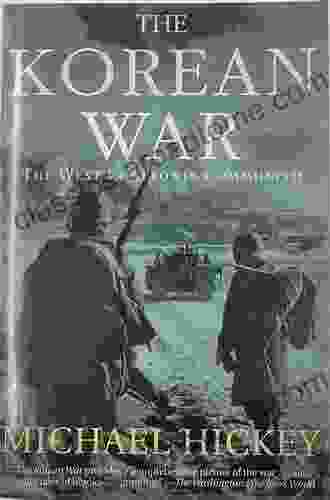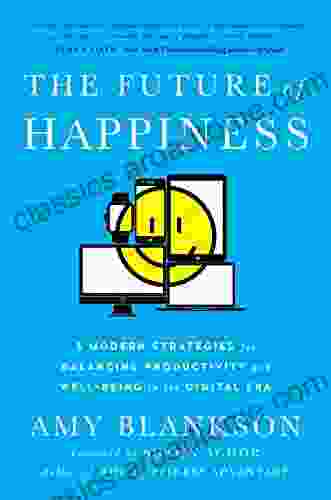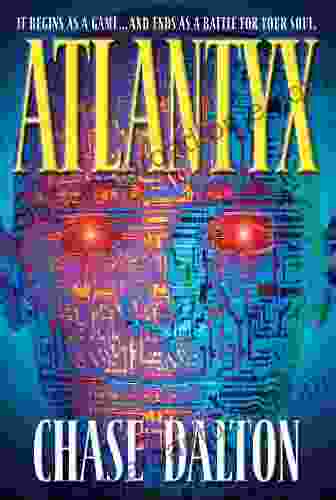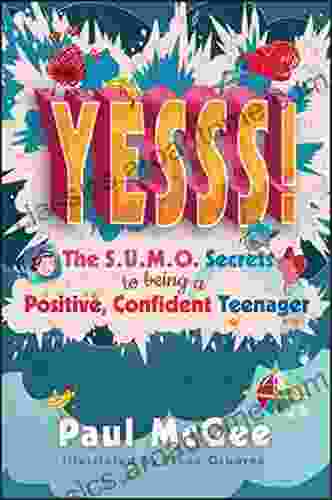The Korean War: The West Confronts Communism

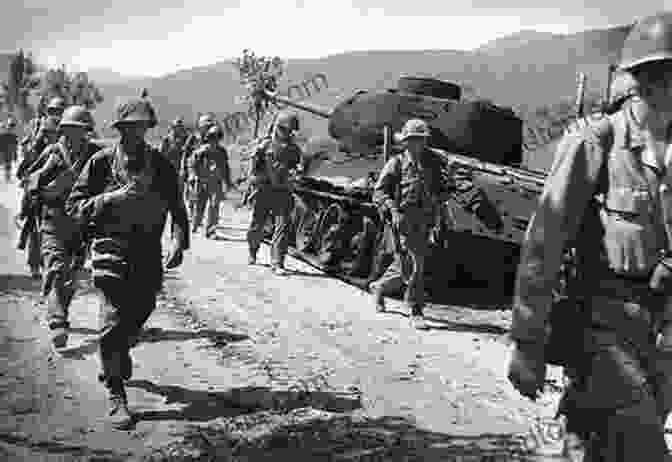
4.5 out of 5
| Language | : | English |
| File size | : | 13106 KB |
| Text-to-Speech | : | Enabled |
| Screen Reader | : | Supported |
| Enhanced typesetting | : | Enabled |
| Word Wise | : | Enabled |
| Print length | : | 397 pages |
| Lending | : | Enabled |
The Korean War, a pivotal conflict in the annals of world history, stands as a vivid testament to the ideological clash between the West and Communism during the Cold War. This multifaceted war left an enduring imprint on international relations, shaped the political landscape of East Asia, and had a profound impact on the lives of countless individuals.
This comprehensive article delves into the intricate web of events that led to the outbreak of the Korean War, examines the military strategies employed by both sides, and analyzes the intricate diplomatic negotiations that ultimately led to an uneasy armistice. Moreover, it sheds light on the poignant human stories of those who fought and suffered during this brutal conflict.
Origins and Escalation
The seeds of the Korean War were sown in the aftermath of World War II, when Korea, previously a Japanese colony, was divided along the 38th parallel. The Soviet Union established a communist government in the north, while the United States supported a pro-Western government in the south.
Rising tensions between the two Koreas erupted into open conflict on June 25, 1950, when North Korean forces invaded the South. The United States, under President Harry Truman's Truman Doctrine of containment, quickly committed troops to support South Korea, fearing the spread of communism in the region.
The Clash of Ideologies
The Korean War was more than just a territorial conflict; it represented a fierce ideological struggle between the democratic West and the communist East. The United States saw the war as a bulwark against the spread of communism, while the Soviet Union aimed to expand its sphere of influence in Asia.
The conflict became a proxy war between the superpowers, with both sides providing military and economic support to their respective allies. The United States led a United Nations coalition, which included troops from various Western countries, while the Soviet Union provided weapons and advisors to North Korea.
Key Military Campaigns
The Korean War witnessed several pivotal military campaigns that shaped its course. The initial North Korean offensive pushed deep into South Korea, capturing the capital Seoul. However, the UN forces, led by General Douglas MacArthur, conducted a daring amphibious landing at Inchon, cutting off North Korean supply lines and forcing them to retreat.
MacArthur's subsequent advance into North Korea was met with stiff resistance from Chinese forces, who entered the war in support of their communist ally. The Battle of the Chosin Reservoir became a costly stalemate, and MacArthur's forces were eventually pushed back below the 38th parallel.
Diplomatic Maneuvers
While the war raged on the battlefield, diplomatic efforts were underway to find a peaceful resolution. The United Nations Security Council repeatedly condemned North Korea's aggression and called for a ceasefire. However, negotiations proved difficult, as neither side was willing to compromise on their fundamental objectives.
After MacArthur's controversial public criticism of the Truman administration, he was relieved of his command. His successor, General Matthew Ridgway, pursued a more cautious approach, focusing on holding the line at the 38th parallel while seeking diplomatic solutions.
The Armistice Agreement
After two years of bloody conflict, an armistice agreement was finally signed on July 27, 1953. The agreement established a Demilitarized Zone (DMZ) along the 38th parallel, effectively dividing Korea into two separate states: North Korea and South Korea.
The armistice has remained in place ever since, but a formal peace treaty has never been signed. The Korean Peninsula remains one of the most heavily militarized regions in the world, with tensions between North and South Korea still simmering.
The Human Cost
The Korean War was a human tragedy on an unimaginable scale. Millions of people were killed, wounded, or displaced during the course of the conflict. The war left a lasting scar on the Korean people, and its legacy continues to shape the political and social dynamics of the region.
The war also had a significant impact on the United States. The conflict cost the lives of over 36,000 American soldiers and left many more with physical and psychological wounds. The war also strained the American economy and eroded public support for the Truman administration.
The Korean War stands as a complex and multifaceted conflict that left an enduring mark on the world. It was a clash of ideologies, a proxy war between superpowers, and a human tragedy of immense proportions.
The Korean War serves as a reminder of the fragility of peace and the devastating consequences of ideological extremism. It also highlights the importance of diplomacy and the need for peaceful resolution of conflicts through dialogue and negotiation.
As the world continues to grapple with geopolitical challenges and ideological divisions, the lessons learned from the Korean War remain relevant and compelling.
4.5 out of 5
| Language | : | English |
| File size | : | 13106 KB |
| Text-to-Speech | : | Enabled |
| Screen Reader | : | Supported |
| Enhanced typesetting | : | Enabled |
| Word Wise | : | Enabled |
| Print length | : | 397 pages |
| Lending | : | Enabled |
Do you want to contribute by writing guest posts on this blog?
Please contact us and send us a resume of previous articles that you have written.
 Book
Book Novel
Novel Page
Page Chapter
Chapter Text
Text Story
Story Genre
Genre Reader
Reader Library
Library Paperback
Paperback E-book
E-book Magazine
Magazine Newspaper
Newspaper Paragraph
Paragraph Sentence
Sentence Bookmark
Bookmark Shelf
Shelf Glossary
Glossary Bibliography
Bibliography Foreword
Foreword Preface
Preface Synopsis
Synopsis Annotation
Annotation Footnote
Footnote Manuscript
Manuscript Scroll
Scroll Codex
Codex Tome
Tome Bestseller
Bestseller Classics
Classics Library card
Library card Narrative
Narrative Biography
Biography Autobiography
Autobiography Memoir
Memoir Reference
Reference Encyclopedia
Encyclopedia Andres Pira
Andres Pira Maryanne V Scott
Maryanne V Scott Andrew Terranova
Andrew Terranova David D Busch
David D Busch Angelique L Amour
Angelique L Amour Ambika Devi
Ambika Devi Angela Barbagallo
Angela Barbagallo Mark Braverman
Mark Braverman Andrea Resmini
Andrea Resmini David W Schell
David W Schell J P Reedman
J P Reedman Andrea Lieberstein
Andrea Lieberstein Amy K Levin
Amy K Levin Andy Norman
Andy Norman Andy Mcquitty
Andy Mcquitty Robert Kaplan
Robert Kaplan Andrew R Pachner
Andrew R Pachner Kathrine Switzer
Kathrine Switzer Andrew Hickey
Andrew Hickey Andrew Ojala
Andrew Ojala
Light bulbAdvertise smarter! Our strategic ad space ensures maximum exposure. Reserve your spot today!
 Thomas MannFollow ·14.7k
Thomas MannFollow ·14.7k Dennis HayesFollow ·3.9k
Dennis HayesFollow ·3.9k Bryce FosterFollow ·15.1k
Bryce FosterFollow ·15.1k Octavio PazFollow ·12.6k
Octavio PazFollow ·12.6k Efrain PowellFollow ·9.2k
Efrain PowellFollow ·9.2k Shaun NelsonFollow ·12.5k
Shaun NelsonFollow ·12.5k Caleb CarterFollow ·17.5k
Caleb CarterFollow ·17.5k Billy PetersonFollow ·5.2k
Billy PetersonFollow ·5.2k
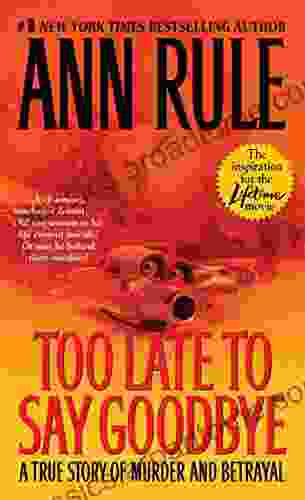
 Braden Ward
Braden WardThe True Story of Murder and Betrayal
In a small town where...
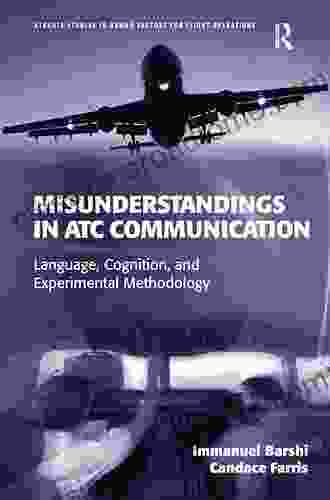
 W. Somerset Maugham
W. Somerset MaughamUnraveling the Complexities of Human Language: A...
Language is a fundamental aspect of human...
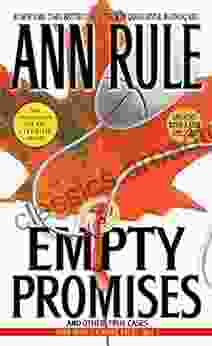
 Ibrahim Blair
Ibrahim BlairTrue Crime Tales That Will Keep You on the Edge of Your...
Prepare to be...

 Rick Nelson
Rick NelsonPatterns In Rhyme: A Journey of Discovery with Patrick...
Welcome to the...
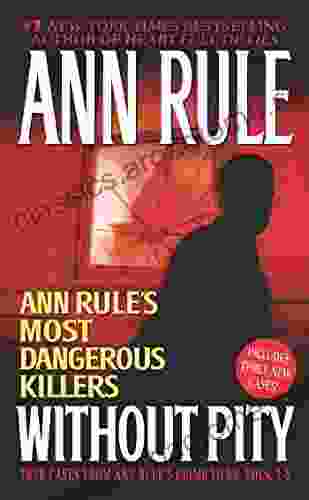
 Edgar Hayes
Edgar HayesWithout Pity: Unmasking the Evil Within
In the realm of true...
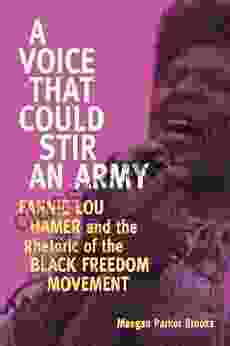
 Cooper Bell
Cooper BellFannie Lou Hamer's Indelible Legacy: Unraveling the...
The Black Freedom Movement, a pivotal...
4.5 out of 5
| Language | : | English |
| File size | : | 13106 KB |
| Text-to-Speech | : | Enabled |
| Screen Reader | : | Supported |
| Enhanced typesetting | : | Enabled |
| Word Wise | : | Enabled |
| Print length | : | 397 pages |
| Lending | : | Enabled |


